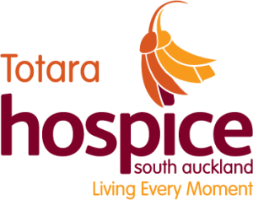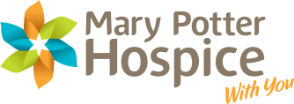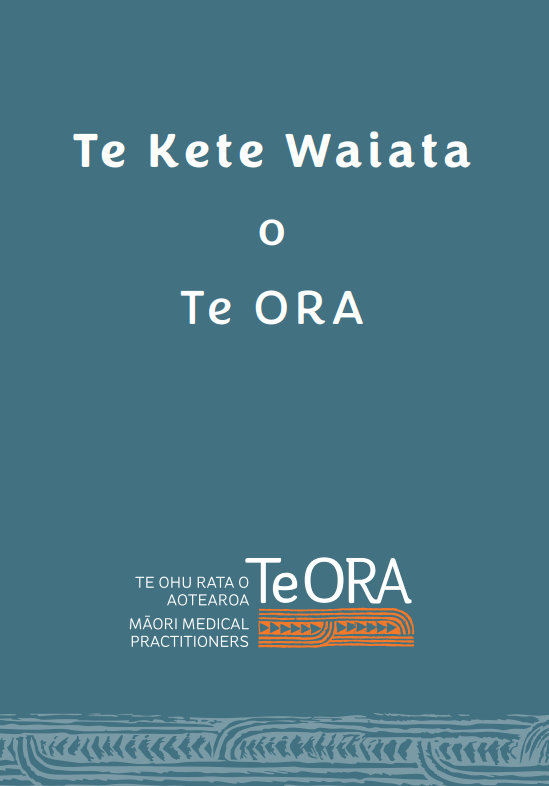Puna Mātauranga Resources
CULTURAL SAFETY IN VOCATIONAL MEDICAL TRAINING REPORT
Te Ohu Rata o Aotearoa (Te ORA) and the Council of Medical Colleges (CMC) are pleased to release a report looking at cultural safety within vocational medical training.
The CMC, in partnership with Te ORA, commissioned this research to better understand actions medical colleges are taking to support cultural safety and health equity, and how Māori fellows and trainees have experienced the training programmes and support offered by medical colleges. The research was undertaken via a survey of medical colleges, and a focus group hui with Māori doctors and trainees across medical specialties. The report is available online at www.cmc.org.nz The report aims to provide both a snapshot on progress and a knowledge base that will support the evolution of vocational medical training towards cultural safety. It shows that many colleges are undertaking activities with the aim of supporting health equity, and we are all on varying stages of this journey. Importantly, the report also highlights the cultural loading that Māori doctors experience consistently across all medical specialties. We hope this report advances the discussion around cultural safety within medical training and builds on work from the Medical Council of New Zealand’s Statement on Cultural Safety (2019) and its Cultural Safety Baseline Data Report (2020). The CMC and Te ORA are committed to working together to support the development of a culturally safe medical workforce.

MAURI MATE FRAMEWORK
This Framework responds to issues that Māori have raised with service providers and researchers. The aim is to develop guidelines for hospices, so adult Māori receive access to good palliative care which includes:

- good (quality) care in the lead-up to the end-of-life
- good comfort (compassionate) care at the end-of-life
- helpful whānau support during and after the illness, and the end-of-life (including spiritual care and grief support)
Mauri Mate has been written as guidance for the hospices of Aotearoa. It is anticipated that this guide will be useful and adaptable for the services provided by primary care, aged residential care, hospital teams and whānau care. The Framework for Hospices was commissioned by Totara Hospice (South Auckland) jointly with Mary Potter Hospice (Wellington). A companion document to this framework is The The Maori and Palliative Care Literature Review, authored by Kat Mason and Dr Tess Moeke-Maxwell, Palliative Care and End-of-Life Research Group, School of Nursing, Faculty of Medicine and Health Sciences, University of Auckland.

HE PAPARAHI KARAKIA
Kia ora e te Whanau o Te ORA, E ngā rau ringa whakaora tangata, whakaora reo, tēnā koutou. Tēnā koutou i tono mai ki tēnei rauemi hei whakawhanake i tō reo me tō āheinga ki te tuku karakia. This booklet is meant as a baseline tool providing you with karakia that you can call upon when needed. These karakia in our Te ORA resource have been recommended by a number of our senior Māori doctors. The karakia are simple and some have been written specifically for use in this book. There are of course many other karakia including those drawn from local knowledge and/or particular faiths. Do not confuse those tikanga being practiced by local experts with what this book is about. Know who your local kaumātua and mātanga are and use them as much as you can. But when time doesn’t permit and you sense a need – then we encourage you to feel OK to use a karakia for an occasion where it may be appropriate. Karakia hold a special place in te ao Māori and we encourage you to commit these karakia to memory and of course, pronounce them correctly and deliver them with a sincere and humble heart.